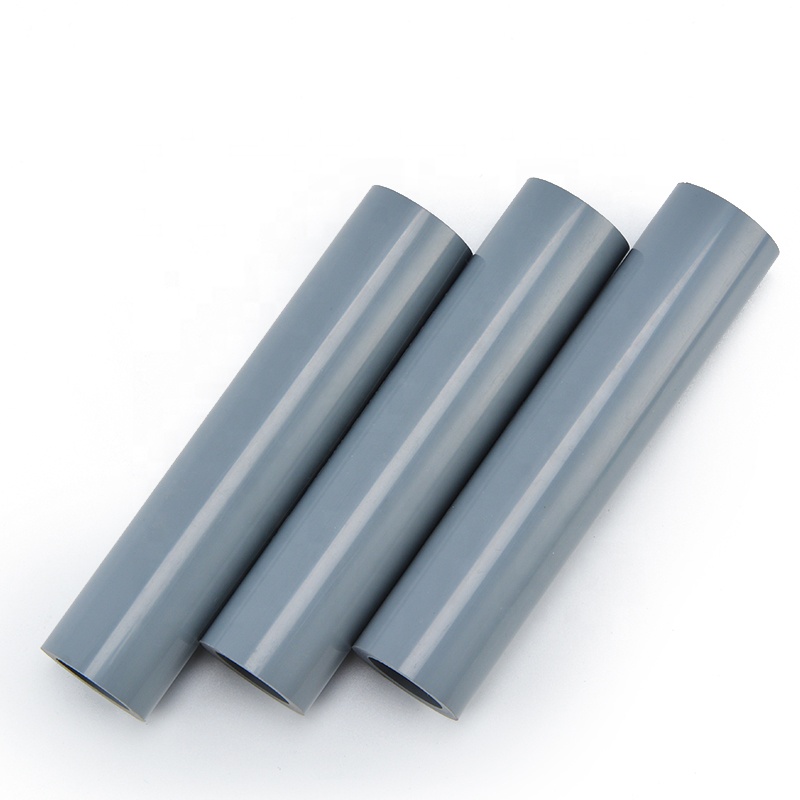When it comes to PVC pipes, one of the most common questions people have is whether they should choose Schedule 40 or Schedule 80. Both options have their own set of advantages and applications, so it’s important to understand the differences between them before making a decision.
Schedule 40 PVC pipes are the most commonly used type of PVC pipes. They are lightweight, easy to install, and cost-effective. Schedule 40 pipes have a thinner wall thickness compared to Schedule 80 pipes, which makes them suitable for most residential and light commercial applications.
On the other hand, Schedule 80 PVC pipes have a thicker wall thickness, making them more durable and able to withstand higher pressure. They are commonly used in industrial settings, where the pipes need to handle heavy-duty applications and carry fluids or chemicals under high pressure.
So, how do you determine whether you need Schedule 40 or Schedule 80 PVC pipes? Here are a few factors to consider:
1. Pressure Rating
If your project requires pipes that can handle high pressure, such as in industrial applications, Schedule 80 PVC pipes are the way to go. They have a higher pressure rating compared to Schedule 40 pipes, which means they can handle more demanding conditions.
2. Wall Thickness
The wall thickness of the pipes is another crucial factor to consider. Schedule 40 pipes have a thinner wall, which makes them more flexible and easier to work with. However, if you need pipes that can withstand heavy-duty applications or underground installations, Schedule 80 pipes with their thicker wall are a better choice.
3. Cost
Cost is often an important consideration for any project. Schedule 40 PVC pipes are generally more affordable compared to Schedule 80 pipes. If your project doesn’t require the added durability and pressure resistance of Schedule 80 pipes, opting for Schedule 40 pipes can help you save on costs without compromising on quality.
It’s important to note that while Schedule 80 pipes are more expensive, they offer better long-term durability and resistance to impact and cracking. So, if you’re looking for a long-lasting solution or if your project requires pipes to be buried underground or installed in harsh environments, investing in Schedule 80 pipes may be worth it.
In conclusion, the choice between Schedule 40 and Schedule 80 PVC pipes depends on your specific project requirements. If you’re unsure, it’s always a good idea to consult with a professional plumber or contractor who can assess your needs and recommend the most suitable option.



Leave A Comment